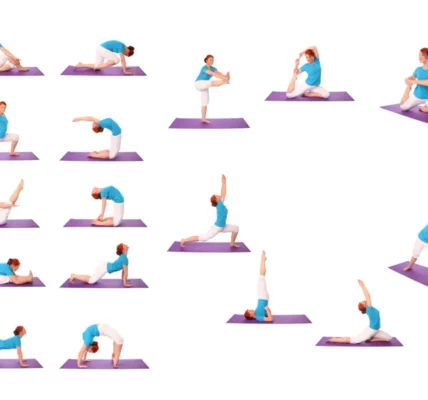Introduction
Meditation is a mind-body practice that involves focusing one’s attention on a particular object, thought, or feeling. It has been practiced for centuries in many different cultures around the world, and there is now a growing body of scientific evidence to support its many benefits.
Meditation can help to reduce stress, anxiety, and depression. It can also improve sleep, concentration, and memory. Additionally, meditation has been shown to boost the immune system, reduce pain, and increase self-awareness.
There are many different types of meditation, each with its own unique benefits. Some popular types of meditation include:
- Mindfulness meditation: In mindfulness meditation, the practitioner focuses their attention on the present moment, without judgment. This can be done by focusing on the breath, the body, or any other object of awareness.
- Transcendental meditation: In transcendental meditation, the practitioner silently repeats a mantra, or a word or phrase, to help them focus their attention.
- Vipassana meditation: In vipassana meditation, the practitioner observes their thoughts and feelings without judgment. This can help to increase self-awareness and understanding.
How to meditate
Meditation can be practiced anywhere, at any time. However, it is important to find a quiet place where you will not be disturbed. You may also want to sit in a comfortable position with your back straight.
To begin meditating, close your eyes and focus your attention on your breath. Notice the rise and fall of your chest and abdomen as you breathe in and out. If your mind wanders, gently bring it back to your breath.
There is no right or wrong way to meditate. The most important thing is to be patient and gentle with yourself. With regular practice, you will begin to see and feel the benefits of meditation.
Benefits of meditation
As mentioned earlier, meditation has been shown to have a wide range of benefits, including:
- Reduced stress and anxiety: Meditation can help to reduce the stress hormone cortisol, which can lead to a number of health problems. It can also help to calm the mind and body, which can be helpful for people with anxiety disorders.
- Improved sleep: Meditation can help to improve sleep quality by reducing stress and anxiety. It can also help to regulate the body’s natural sleep-wake cycle.
- Increased focus and concentration: Meditation can help to improve focus and concentration by training the mind to stay on one task. This can be helpful for students, athletes, and anyone else who needs to focus on a task for a long period of time.
- Enhanced memory: Meditation can help to improve memory by strengthening the connections between neurons in the brain. This can be helpful for people of all ages, but it is particularly beneficial for older adults who may be experiencing age-related memory decline.
- Boosted immune system: Meditation can help to boost the immune system by increasing the production of white blood cells. This can help to protect the body against disease.
- Reduced pain: Meditation can help to reduce pain by activating the body’s natural pain-relieving mechanisms. It can also help to change the way the brain perceives pain.
- Increased self-awareness: Meditation can help to increase self-awareness by teaching the practitioner to observe their thoughts and feelings without judgment. This can lead to a greater understanding of oneself and one’s place in the world.
How to get started with meditation
If you are interested in trying meditation, there are a few things you can do to get started:
- Find a qualified teacher: If you are new to meditation, it is a good idea to find a qualified teacher who can help you learn the basics.
- Start with a short meditation: When you are first starting out, it is best to start with short meditations of 5-10 minutes. As you become more experienced, you can gradually increase the length of your meditations.
- Be patient: It takes time and practice to learn how to meditate effectively. Don’t get discouraged if you don’t see results immediately. Just keep practicing and you will eventually start to reap the benefits of meditation.
Conclusion
Meditation is a powerful tool that can have a positive impact on your physical and mental health. If you are looking for a way to reduce stress, anxiety, and pain, improve your sleep, and boost your overall well-being, meditation is a great place to start.
There are many different types of meditation, so you can find one that fits your needs and interests. With regular practice, you will start to see and feel the benefits of meditation.








